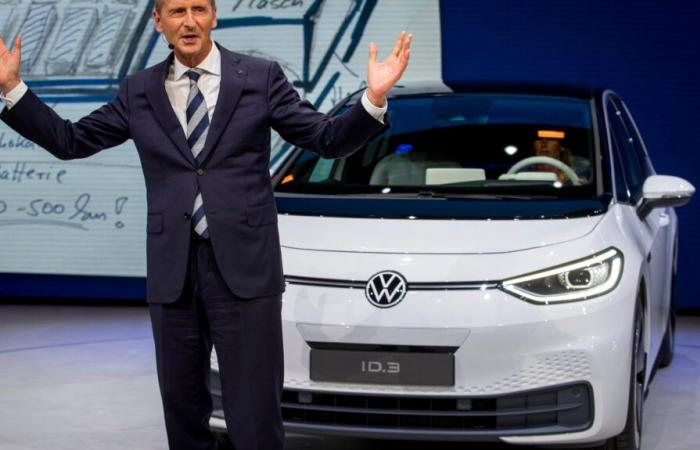Electric car news
The German brand is going through a pivotal period in its history. Faced with Chinese competition and the challenges of electrification, Volkswagen is undertaking an unprecedented massive restructuring of its European activities. The objective? Maintain its leading position while preserving most of its German industrial assets.
A historic restructuring to preserve the future
After 70 hours of marathon negotiations and two major strikes involving more than 100,000 employeesVolkswagen management and unions reached a crucial agreement. The manufacturer undertakes to maintain its 10 German factories in operation until 2030, a decision described as a “Christmas miracle” by some observers. This guarantee is nevertheless accompanied by a drastic reduction in staff: 35,000 positions will be eliminated by 2030, mainly through voluntary departures and early retirements.
Sacrifices shared at all levels
The savings plan aims to generate 4.2 billion euros in annual savings. The measures affect the entire hierarchy:
- Reduction in production capacity 700,000 vehicles spread over 5 sites
- Elimination of certain bonuses for employees
- Decrease in permanent hiring for apprentices
- Drop in 10% of income for 4,000 executives from 2024
The Chinese threat and the challenges of electrification
This restructuring takes place in a particularly tense context. Volkswagen faces a significant drop in sales in Chinaits largest global market. The offensive by Chinese manufacturers, notably BYD, on the European market is increasing the pressure. The brand must also accelerate its electric transition to remain competitive.
A new development strategy
To regain its competitiveness, Volkswagen is completely rethinking its production and development model. The design cycles of new models will be shortened by several months, allowing innovations to be brought to market more quickly. The group is also reviewing its distribution strategy for electric carswith a particular emphasis on reducing production costs.
L’impact social sous surveillance
Unions remain vigilant about the application of these measures. In particular, they demand that management, including CEO Oliver Blume, participate in the collective effort by accepting a 10% reduction in their salaries. The question of job cuts crystallizes tensions, even if management is committed to carrying them out in a “socially responsible” manner.
Volkswagen’s transformation illustrates the upheavals the European automobile industry is going through. Between pressure from Chinese manufacturers, the imperative of electrification and the need to preserve jobs, the German group is betting its future on this massive restructuring.
Written by Albert Lecoq
Specialist in electric car buying guides, I am passionate about new technologies and am a strong supporter of the adoption of electric technology and sustainable mobility.
React to the article
Canada







